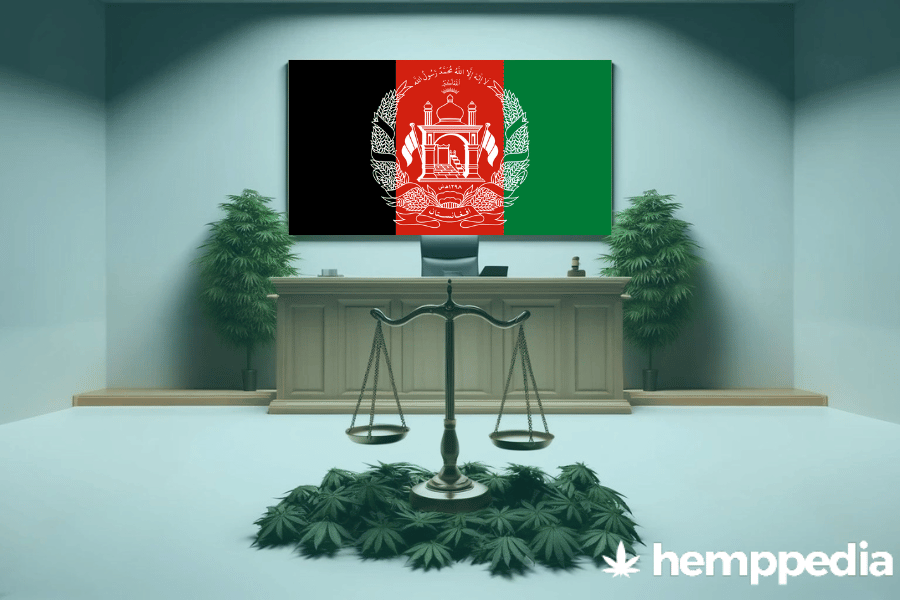Is CBD Legal in Afghanistan?
The legal status of cannabidiol (CBD), a non-psychoactive compound derived from the cannabis plant, differs greatly from country to country. In this article, we delve into the legality of CBD in Afghanistan, exploring its legislative history, conditions and restrictions, and penalties for non-compliance with regulations.
TL;DR
Currently, CBD is generally considered illegal in Afghanistan. Under Afghan narcotics law, all cannabinoids, regardless of their psychoactive properties, are classified as illegal substances. This includes CBD, even though it does not induce a ‘high’ like THC (tetrahydrocannabinol), another compound found in cannabis.
Summary Table
| Legality in Afghanistan | |
|---|---|
| Usage | Illegal |
| Possession | Illegal |
| Trading | Illegal |
| Cultivation | Illegal |
Overview of CBD Legislation
Despite a global trend towards acceptance and decriminalisation of CBD, the attitude in Afghanistan remains largely unchanged. To understand the situation, it’s important to define key terms and the current legal status.
CBD is a compound found in cannabis plants. Unlike THC, it does not have psychoactive properties and is often used for medicinal purposes.
However, in Afghan law, no distinction is made between THC and CBD — or hemp and marijuana. All forms of cannabinoids are regarded as narcotics.
The Ministry of Counter Narcotics is responsible for enforcing these laws. Any use, trading, cultivation, or possession of CBD is subject to heavy penalties.
Historical Context
Due to Afghanistan’s tumultuous history and ongoing conflict, there haven’t been significant changes or progressions in terms of CBD legislation. Despite international trends, Afghanistan has remained firm in its stance against cannabinoids.
Possession, Use, Cultivation and Sales
In accordance with Afghan law, it is illegal to use, possess, trade, or cultivate CBD. There are currently no regulations specific to CBD as it falls under the overall narcotics legislation.
Enforcement and Penalties
The enforcement of narcotics law, including that on CBD, is seen as a key part of Afghanistan’s security strategy. Non-compliance can lead to fines, imprisonment, and even death sentences in severe trafficking cases.
Comparative Analysis
In comparison to most Western countries where CBD with low THC is legal, Afghanistan presents a staunch contrast with its blanket ban on all cannabinoids. This is understandable given the country’s struggles with drug trafficking.
Conclusion
Though a growing body of research suggests potential therapeutic benefits of CBD, under Afghan law, it is indistinguishable from any other narcotic substance. For now, the use, possession, trade, and cultivation of CBD remain illegal in Afghanistan with severe legal consequences.





